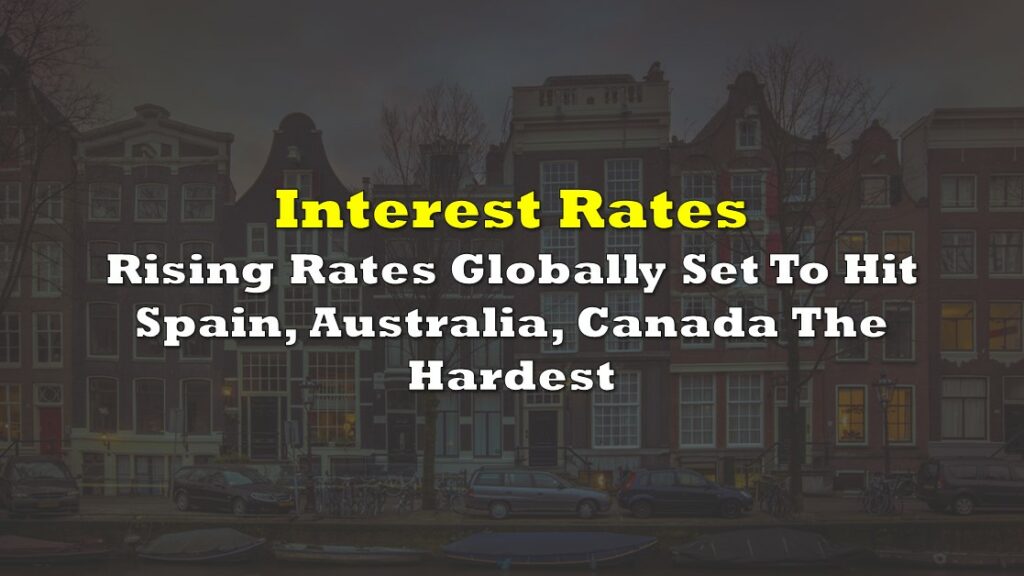In a move indicating apprehension about mounting risks within the financial system, Canada’s banking regulator— the Office of the Superintendent of Financial Institutions (OSFI), has raised capital requirements on the country’s major banks for the second time in roughly six months.
This latest decision boosts the domestic stability buffer from the existing 3.0% to 3.5% of risk-weighted assets, mirroring the same quantum of adjustment made by the regulator in December. As a result, Canada’s big six banks must now maintain a Common Equity Tier 1 (CET1) capital of at least 11.5% of risk-weighted assets effective November 1. Currently, all six of these banks exceed this threshold.
The OSFI made this move in response to present-day vulnerabilities, such as high levels of household and corporate debt, the escalating cost of debt, and increasing global uncertainty around fiscal and monetary policies. These factors, combined with the robust performance of Canada’s financial sector so far this year have prompted the regulator to take measures to build additional resilience within the system.
The updated rules also reflect the growing concern about how Canadians are managing the Bank of Canada’s unprecedented increase in interest rates. The central bank recently noted an increase in homeowners whose mortgage payments account for at least 25% of their income, while it was observed that some are resorting to credit cards to meet their expenses, given the increased payments.
An uptick in office vacancies is also raising alarm bells, with fears that banks may need to cover losses on commercial real estate loans. According to analysis by National Bank of Canada analyst Gabriel Dechaine, commercial property accounts for roughly 10% of the loan portfolios of Canada’s six major banks— a figure only exceeded by residential mortgages.
This heightened capital requirement applies not only to the two Canadian banks listed as global systemically important banks, namely Royal Bank of Canada and Toronto-Dominion Bank, but also to four other institutions designated as domestically systemically important by the OSFI. These include Bank of Nova Scotia, Bank of Montreal, Canadian Imperial Bank of Commerce, and National Bank of Canada.
Information for this story was found via the OSFI. The author has no securities or affiliations related to the organizations discussed. Not a recommendation to buy or sell. Always do additional research and consult a professional before purchasing a security. The author holds no licenses.









